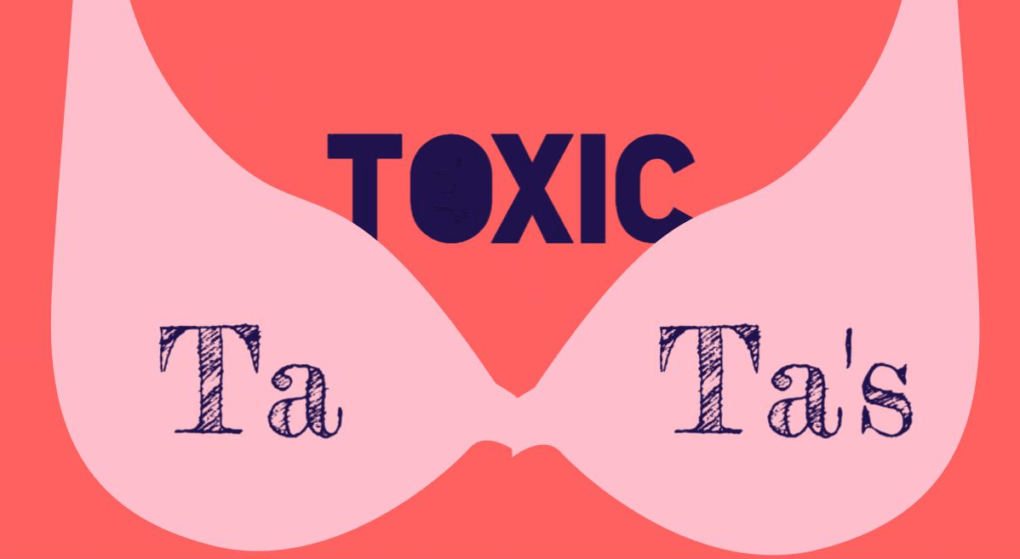
What research looks like when it is and is not performed by scientists
Food safety laws and regulations are constantly evolving; from what initially began as a basic and patchwork start to today’s highly technical tact, relying on leading science to inform and improve what is, and isn’t, permitted. Our food system is regulated to be safe, but that doesn’t mean it can deliver foods that are 100% pure, such as bread, grains, fruits, and vegetables. In the process of producing and harvesting agricultural ingredients, small fragments of other materials are gathered as well. This could be anything from a bit of soil or leaves, to even insect wings. I know that if one were to get overly fixated on this, eating food could seem a bit dodgy! Although we know we can’t rule out contamination altogether, scientists and regulators work diligently to learn more about not only what the safe levels of non-food contaminants are, but also how to detect them. Previous safe threshold levels were measured in parts per thousands or millions. But with new knowledge and testing capabilities, many safe levels are now detected at parts per billion.
Two years ago, Moms Across America announced that they had found evidence of the agricultural chemical glyphosate in breastmilk from a study they conducted. In a nutshell, they somehow (the methods weren’t disclosed) collected breastmilk samples from 10 women, had them tested by a commercial lab and reported on the internet that 3 of the samples contained detectable (even high) levels of glyphosate. A very concerning issue for all of society it would appear. Indeed, if this research were actually correct, this might translate to a serious issue for the government to address. However, under a normal scientific protocol, the research should be replicated to confirm the original findings before the public should be too alarmed. In response, a group of researchers, led by Michelle McGuire at Washington State University, took on the role of replicating the Moms Across America study. This was particularly important because there were some substantial concerns (and doubts) about the research methods used by Moms Across America, and their lack of proper scientific methodology, therefore requiring a thorough investigation.
McGuire and her team, which included researchers from the University of Idaho and glyphosate developer Monsanto, tested samples of breastmilk (41) and urine (40) from lactating mothers living in the states of Washington and Idaho – a highly agricultural region of the Inland Northwest US. Each sample was tested twice using carefully validated analyses, once by Monsanto (which was concerned over the reported presence of glyphosate in breastmilk) and again by an independent third-party lab. Both sets of results were identical: there was no detectable glyphosate in any of the 41 breastmilk samples.
The truth of glyphosate & herbicides
While there was no trace of glyphosate in the mothers’ milk, virtually all of the urine samples (37 out of 40) had traces of the herbicide. In eight samples, however, the level was so low that advanced testing was unable to quantify the glyphosate concentration. This left McGuire’s team 29 urine samples with quantifiable traces of glyphosate, and 11 without.
A 72.5% chance that glyphosate could be quantified in urine could easily appear to be alarming to many in the general public. So what do the scientists say about these traces of agriculture chemical present in human urine?
Agricultural chemicals are present in virtually all of the foods we eat, including organic foods (42% of participants ate strictly or mainly organic foods). Chemicals are widely used in the production and processing of food, and without them, we do not sustain our production levels. Therefore, our regulators need to ensure the safety of the public by encouraging and promoting research to determine what level of chemical consumption is safe for humans. Once a safe level is determined, regulators reduce this level by 100-fold to ensure an even greater level of safe use for humans.
So let’s put this in perspective with the study discussed here. Technically you could eat 100 times the amount of a product containing a specific chemical and still be safe. McGuire’s analysis found that the level of glyphosate in the urine samples was 4500 times lower than the safe level for the highest tested sample. Humans can’t absorb glyphosate, it passes through our bodies and is excreted in the urine.
Regulators are extremely cautious when it comes to recommending safe levels for food ingredients and contaminants. Although researchers knew it would be an unpopular task, McGuire and her team wanted to determine if the Moms Across America findings were accurate. Their conclusion was that this group’s findings were not repeatable using a much better scientific method and design. Needlessly, McGuire has since endured unwarranted criticisms (mostly from groups believing that GM foods and agricultural products such as glyphosate should be banned) for her research, for simply providing science-based answers to a societal concern. Without academics like McGuire, our world would be awash in misinformation. For now, let’s leave the scientific research to the professionals and be thankful that they work so hard to ensure that our food remains safe for us and our families.
Original Article
This blog was written from the original article “Glyphosate and aminomethylphosphonic acid are not detectable in human milk“, printed in this month’s (May 2016) edition of The American Journal of Clinical Nutrition. Authors: Michelle K McGuire, Mark A McGuire, William J Price, Bahman Shafii, Janae M Carrothers, Kimberly A Lackey, Daniel A Goldstein, Pamela K Jensen, and John L Vicini.
We would like to thank Shelley McGuire for reviewing our blog to make sure we understood their research and scientific method. Thanks again!

Shelley (Michelle) McGuire
Shelley McGuire is an Associate Professor for the School of Biological Sciences, at Washington State University. Shelley received her BS in biology from the University of Illinois (1986), an MS in nutritional sciences from the University of Illinois (1988), and a Ph.D. in human nutrition from Cornell University (1994). Her research focuses primarily on understanding better how maternal dietary intake and nutritional status influence breast health, milk composition, and duration of postpartum amenorrhea.
